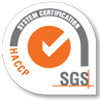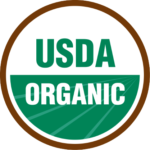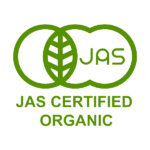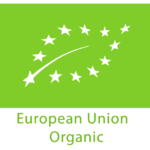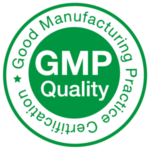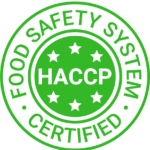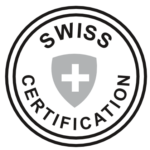Polymer
At TMCS Imports & Exports Pvt Ltd, we are proud to be one of the leading suppliers of high-quality processing machines for polymer and raw materials for polymer industries in Sri Lanka.
Our extensive experience and expertise in the industry enable us to provide our clients with a comprehensive range of products & solutions that meet the highest international quality standards. We source products from trusted global manufacturers, ensuring that our clients receive only the best products.
Our team of experts is well-versed in the properties and applications of different polymers and fiberglass materials, allowing us to provide our clients with expert advice on the best materials to suit their specific requirements. We also offer a range of value-added services, including technical support, product testing, and customized solutions to meet our clients’ unique needs.
We are committed to providing our clients with reliable and timely service, ensuring that their production processes run smoothly and efficiently. Our extensive inventory and efficient supply chain management allow us to offer competitive pricing and timely delivery, making us the preferred choice for many industries in Sri Lanka.
Whether you are looking for machinery & raw materials for the production of plastics, composites, or other products, our team at TMCS Imports & Exports Pvt Ltd has the expertise and resources to meet your needs. Contact us today to learn more about our range of polymer solutions and how we can support your business.
Rubber Industry
The rubber industry in Sri Lanka has a rich history, with the country being one of the world’s top natural rubber producers. Rubber is a key agricultural commodity in Sri Lanka, with the industry contributing significantly to the country’s economy. Sri Lanka’s rubber exports consist mainly of natural rubber products such as sheets, crepe rubber, and latex concentrate. The industry also produces a wide range of value-added products, including tyres, gloves, footwear, and industrial components. With the growing demand for rubber products globally, the Sri Lankan rubber industry presents enormous opportunities for growth and expansion.
As one of the leading suppliers of machinery and equipment, we offer the latest in process automation and technology to help our clients achieve maximum efficiency and productivity. Our expertise in process improvement and vulcanizing technology is unparalleled in the industry, ensuring that our clients receive the best possible solutions for their needs.
At TMCS, we understand that every client is unique, which is why we provide personalized solutions to meet their specific requirements. We work closely with our clients to understand their needs and offer tailor-made solutions to help them achieve their business goals. Our commitment to quality and customer satisfaction is reflected in our long-standing relationships with our clients.
With our extensive knowledge and experience in the rubber industry, we are confident in our ability to help our clients achieve success. We are dedicated to providing top-quality products and services to ensure the highest level of satisfaction for our clients. Contact us today to see how we can help you achieve your business goals in the rubber industry.
We understand that Polymer & Rubber Industry is a vital sector of the Sri Lankan economy growth, and we are committed to playing our part in ensuring its continued growth and success. That’s why our TMCS ENGINEERING Division, works closely with our clients to understand their unique needs and provide tailored solutions that can help them achieve their goals.
Carbon content tester
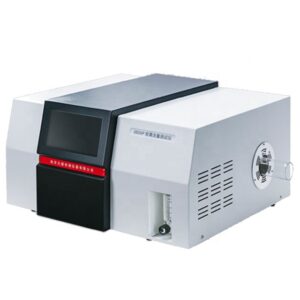
 Carbon content tester
Carbon content tester
Carbon Black Content Tester is used to test percentage of carbon content in plastic material. Carbon Black Content Tester is widely used in plastic industry to check percentage of Carbon in Plastic material or finished products. This test method is used to determine the average carbon black content in materials like sheets, plastic pipes, films, cables, water tanks.
COF Tester
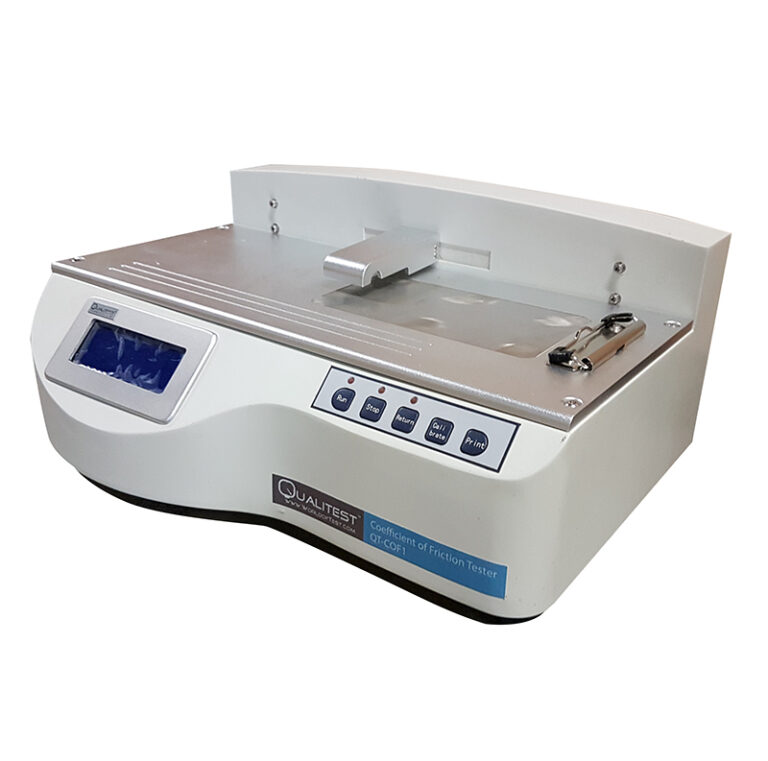
 COF Tester
COF Tester
The coefficient of friction (COF) tester is designed to measure the static and kinetic coefficients of friction of plastic film, sheeting and similar materials. The COF tester measures the coefficient of friction of a test sample, by pulling a weighted sled across a test sample and measuring the force.
Static COF is a measure of the force required to begin movement. In the packaging industry, static coefficient of friction is generally used to measure the friction between bags when they are stacked or cartoned (plastic on plastic). Kinetic COF is a measure of the force required to maintain movement.
CBD Apparatus
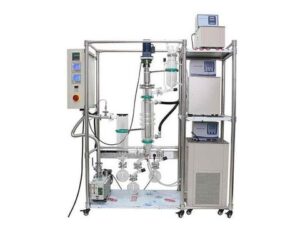
 CBD Apparatus
CBD Apparatus
CARBON BLACK DISPERSION TEST Apparatus is mainly used for the determination of carbon black dispersion. It finds wide application in the plastic industry. The instrument comprises of a hot plate for sample placement. The temperature range can be adjusted between ambient and 200 ºC.
Carbon black (graphite) is one of the most popular plastic additives not only because it is a cheap source of black pigment but also because it offers excellent mechanical properties and resistance to oxidation-weathering.
Bulk Density Apparatus
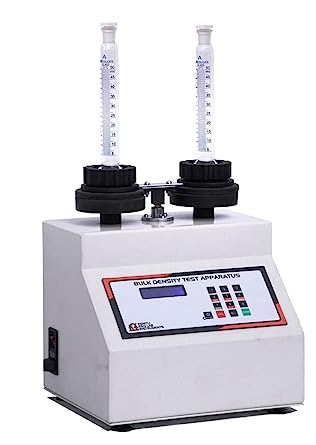
 Bulk Density Apparatus
Bulk Density Apparatus
Bulk density apparatus is testing equipment used to measure the bulk density property of powder, granules and other “divided” solids, especially used in reference to mineral components chemical substances, plastics like polyethylene, pvc & polystyrene.
Bulk density is the weight of a material based on a given volume. In the world of plastic resins, bulk density is typically expressed in one of several ways: Pounds per cubic foot (lb/cu ft) Grams per cubic centimeter (g/cc) Kilograms per liter (kg/l)
The filling stage involves positioning of granules for tablet compression. Granules are adjusted according to the weight at this stage. As the name suggests metering removes excess granules and ensures that the right amount of granules are taken. The compression stage involves top and bottom punches coming together and due to the pressure in the die, tablets are formed. Tablets are removed from the lower punch die station once the tablets are compressed and formed.
Compressing Testing – Tensile Testers

 Compressing Testing – Tensile Testers
Compressing Testing – Tensile Testers
A Compression test uses compression testing machines to determine material behavior under constantly increasing compressive loading. Compression tests examine the safety, durability, and integrity of materials and components. Typical applications include compression tests on plastic tubes and plastic pipes, compression test on flexible cellular foam material, compression/crush tests on paper and cardboard, compression spring testing in the metals industry, compression tests in the medical/pharmaceutical field including compression testing of medical implants, stents, syringes or medical packaging, compression and notched compression tests on composites. Compression tests are important to measure the compressive fracture properties of brittle materials or low-ductility materials.
DART Impact Testers
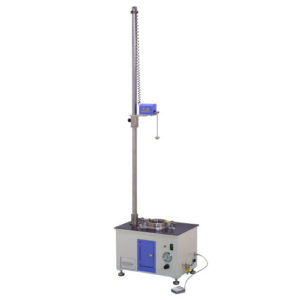
 DART Impact Testers
DART Impact Testers
Dart Impact tester is a high-quality lab testing machine which is highly-recommended to measure the impact resistance strength of coated paper, plastic film, composite sheets, and many more. The dart weight of the machine means the pressure or energy which is released from a height to puncture or tear the test sample.
Falling dart impact is a traditional method for evaluating the impact strength or toughness of a plastic film. This test uses a single dart configuration and a single drop height, while varying the weight of the dart. Test results can be used either as a quality control evaluation or for end use comparisons.
Hydrostatic – Pipe Pressure Tester
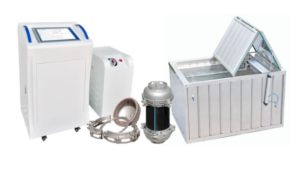
 Hydrostatic – Pipe Pressure Tester
Hydrostatic – Pipe Pressure Tester
A hydrostatic Pipe tester is a pressure tester in which the pipe or other component is pressurized to evaluate its integrity. This test is used to evaluate the structural integrity of pipeline or other pressure containing infrastructure. Hydrostatic Pipe pressure tester is generally used for the post-construction testing of hazardous liquid pipelines and higher stress (> 30% SMYS) natural gas pipelines. Hydrostatic Testing can detect leaks before systems are operational, reducing the emissions of volatile organic compounds and eliminating reportable leaks.
Hydraulic Press
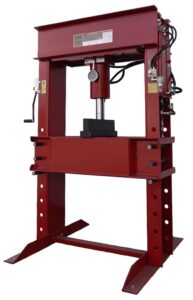
 Hydraulic Press
Hydraulic Press
A hydraulic press is a powerful mechanical device that utilizes fluid dynamics to generate a significant force for various industrial applications. Comprising a fluid-filled chamber and a piston, the press operates on Pascal’s principle, which states that changes in pressure within an enclosed fluid are transmitted equally in all directions. In a hydraulic press, a force is applied to a small piston, creating pressure within the fluid. This pressure is then transmitted undiminished to a larger piston, generating a force multiplication effect. Hydraulic presses are employed in tasks ranging from metal forming, molding, and stamping to compression testing and extracting liquids from solids. Their versatility, precision, and ability to exert immense pressure make hydraulic presses indispensable in many manufacturing processes.
Pneumatic Sample cutting press
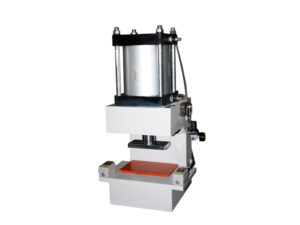
 Pneumatic Sample cutting press
Pneumatic Sample cutting press
Pneumatic Sample Cutting Press is also referred to as the pneumatic sample cutter or the pneumatic punching machine, which is used to prepare rubber or plastic test specimens in a manner of pneumatic punching in the corresponding dies.
The Pneumatic cutting press is an effortless and safe way to cut samples from materials such as plastics, boards and paper, and generates a cutting force of up to 50KN to cut materials up to 8mm thick
Plastic Shredders
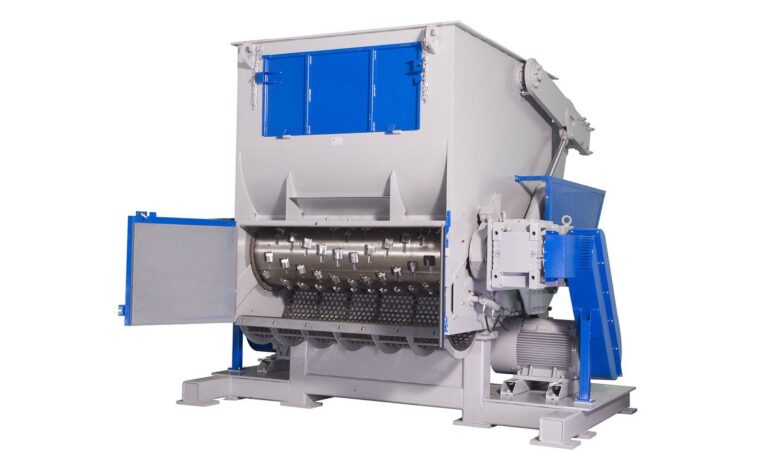
 Plastic Shredders
Plastic Shredders
Plastic Shredder is a machine used to cut plastic into smaller pieces for granulation. Unlike plastic granulators, shredders are designed specifically for larger plastic Waste, like car bumpers, pipes, drums, and other items too big for granulators. In the process, large plastic items are fed into the shredder.
Plastic shredders play a key role in plastic recycling plants and production facilities. It offers several benefits in addition to processing plastics that are used as raw materials for other products like storage containers, toys, packaging bags, and consumer electronics.
Polymer Dip Coating Machines
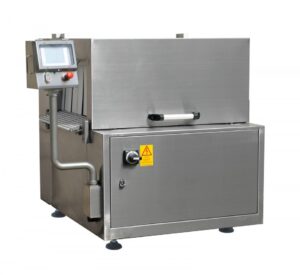
 Polymer Dip Coating Machines
Polymer Dip Coating Machines
Plastic Dip Coating machine is use for immersing a preheated part into liquid Plastisol to form a plastic coating that can add protection and aesthetics to most metal parts. The procedure can enhance the appearance of the part, provide a soft grip, or protect the part from chemicals and abrasion.
Plastisol is the most commonly used polymer in dip molding and dip coating processes. It is composed of fine polyvinyl chloride (PVC) resins suspended in a liquid plasticizer. When exposed to heat, it solidifies into a soft, flexible, and rubber-like material upon cooling.
Pipeline Hydrostatic Pressure Testing Machine
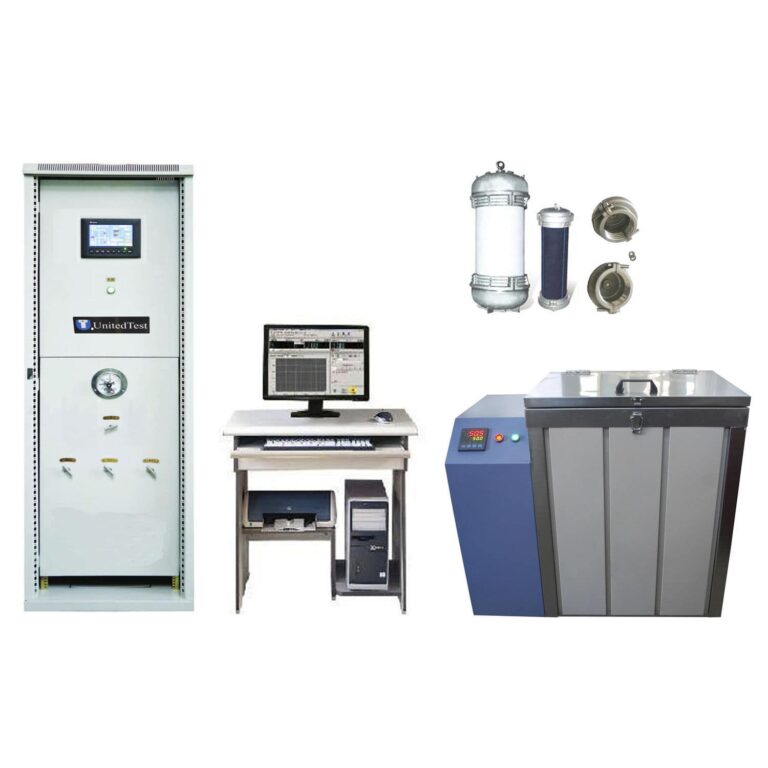
 Pipeline Hydrostatic Pressure Testing Machine
Pipeline Hydrostatic Pressure Testing Machine
Pipeline hydrostatic pressure testing machine is designed according to ISO 1167, ASTM D1598, ASTM D1599. It’s mainly used to test the plastic pipeline, compound pipeline, such as PP-R, PP-B, PP-A, PVC, PE, PE-X etc. Under a stipulated constant hydrostatic pressure force, keeping provision time; or inside the pipe, apply a constant and rapid hydraulic pressure to make the specimen broken in a short period time, check the maximum pressure force, then calculate the ring stress. This tester is necessary equipment for plastic pipe manufacturer.
Process viscosity meter FVM
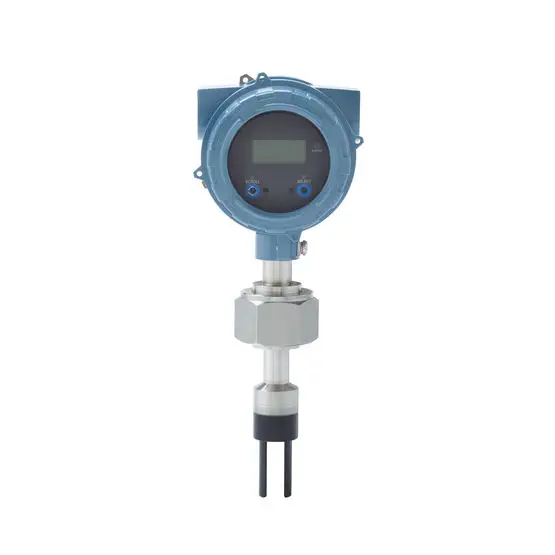
 Process viscosity meter FVM
Process viscosity meter FVM
Process viscometer” is a unit used for measuring the viscosity directly installed in the process line. It is high performance, multivariable Fork Viscosity Meter that delivers reliable viscosity, density and temperature measurement in pipelines, bypass loops and tanks.
Expand usage with a hazardous area-approved, head-mounted transmitter that supports local configuration and display Quickly verify meter health and status using advanced internal diagnostics Support multiple simultaneous protocols for connection to DCS, PLC and flow computers Interact with our detailed schematic tool to learn more about our Dedicated Density and Viscosity Meters
Plastic Laser Cutting Machine
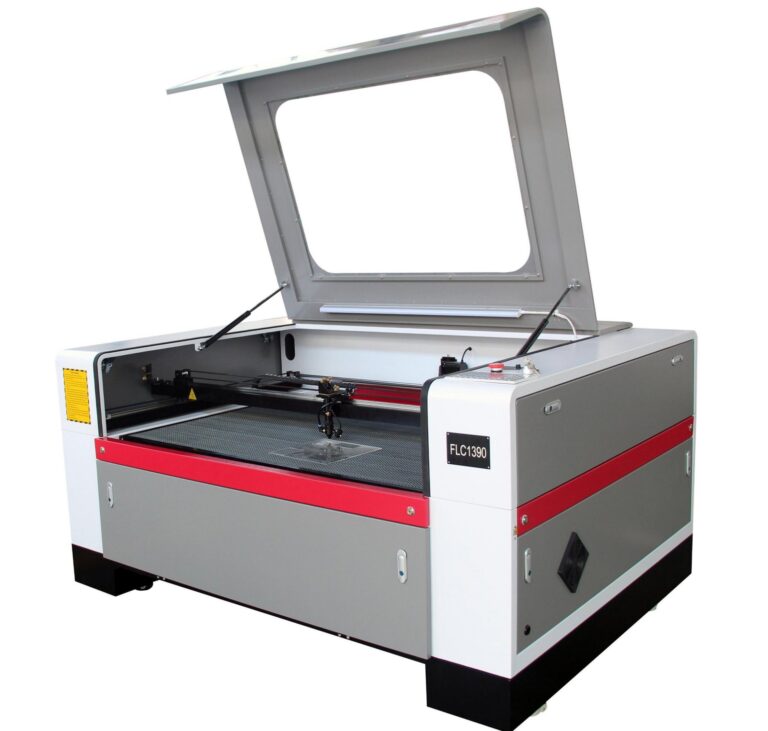
 Plastic Laser Cutting Machine
Plastic Laser Cutting Machine
Plastic laser cutting machine can both engrave and cut. The whole laser machine has stable performance and friendly-operation system, coming with professional software. It has many advantages, such as smooth cutting edges, free from polishing, less noise, less dust, faster processing speed, higher precision, less waste and higher efficiency. So, it can realize high efficiency and good quality processing effect for polymer industry.
Tire Carving Machinev
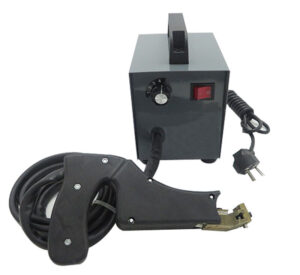
 Tire Carving Machine
Tire Carving Machine
The tire carving machine is used for carving various patterns on the surface of the tire or other rubber surfaces, to increase the friction of the tire to the ground.
Designed to be fast, smooth, & easy, Glides over the tire surface, Gives a precise, consistent cutting depth; virtually automatic, Cuts with less heat than most groovers, which prevents heat degradation to race tire surface, Unparallel control, Instant blade change & adjustment
Automatic Rubber Calender Machine

 Automatic Rubber Calender Machine
Automatic Rubber Calender Machine
The major application of the Automatic Rubber calendering Machine is to press the mixed and refined rubber mixture It also can be applied to rubber sheets in single or double sticking or topping operations with textile fabrics.
the Automatic Rubber Calenders are machines which are used for the manufacture of rubber webs and rubber sheets as well as for coating and fractioning fabric or steel cord, which is called calendering.
Bakelite Injection Molding Machine
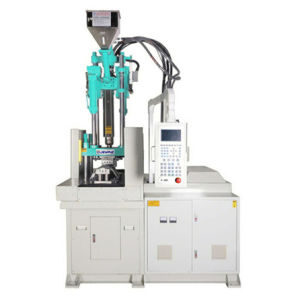
 Bakelite Injection Molding Machine
Bakelite Injection Molding Machine
Bakelite injection moulding machines are specialized machines used for the mass production of Bakelite, which is a thermosetting plastic that is made by combining phenol and formaldehyde under heat and pressure.
The Bakelite injection moulding machine works by melting the Bakelite pellets in a heated barrel and injecting the molten plastic into a mould under pressure. The mould is then cooled to allow the plastic to solidify and take on the desired shape. The machine can repeat this process quickly and efficiently to produce large quantities of identical Bakelite parts.
Automatic Rotary Plastic Shoe Direct Injection Molding Machine
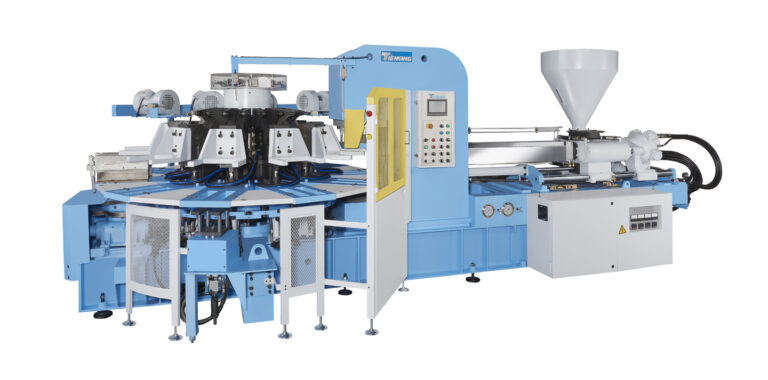
 Automatic Rotary Plastic Shoe Direct Injection Molding Machine
Automatic Rotary Plastic Shoe Direct Injection Molding Machine
Unique design for mold opening. While opening mold, the upper cover of mold holder can move 30mm up vertically then tilt open to 450. The operation is very smooth and rigid.
Special design “conjugate cam” index mechanism is used for transmission system to rotate table, which ensures rapid rotation, accurate positioning, and long duration.
Strong C-type mainframe is designated for functioning mold cooling device. Cooling system is very efficient.
Proportional pressure and flow rate control hydraulic circuit are used in system and match up with monitor electric control system. It controls individual injection pressure and speed of each work station.
Excellent arrangements in matching up hydraulic circuit and electric control shorten the waiting time and increase productivity.
Want To Contact Us ?
If you want to get in touch with us, don’t hesitate to reach out. Our team is fully prepared to assist you with any inquiries you may have. Contact us today, and let’s start a conversation. We’re looking forward to hearing from you!

